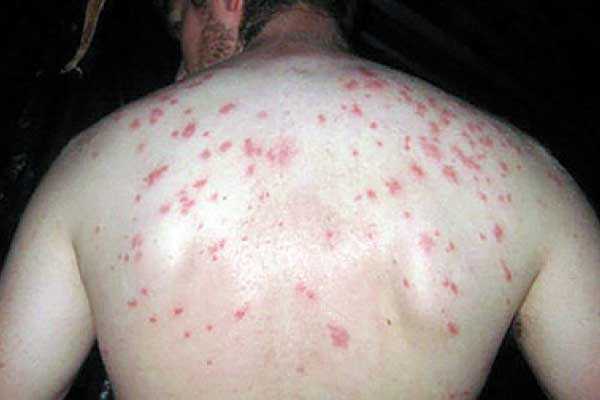No action plan to prevent typhoid fever – health officials
There are still no plans in place to prevent typhoid fever from reaching Botswana. Late last year a typhoid outbreak was confirmed in Zimbabwe. To date, nine deaths and more than 2000 suspected cases of the bacterial infection have been confirmed and there is fear the disease could spread to neighboring countries.
However, when reached for comment on what measures Botswana has in place to prevent cross-border spread, the public relations office at the Ministry of Health and Wellness said there has been a delay in putting an action plan together because relevant people were still on holiday.
“We are only now just meeting and engaging the Centres for Disease Control and Prevention (CDC/BOTSWANA) and will probably make an announcement later in the week,” said an officer. Health minister, Dorcus Makgatho also told this publication she was still at “Masimo” and will only comment on the 23rd.
The highly contagious disease is caused by the bacterium salmonella typhi. It is endemic in the southern African region and is spread from person-to-person by faecal-oral contamination, direct contact, or through ingestion of food or water contaminated with S. typhi.
Symptoms of the water-borne disease include fever, headache, chills and sweats, abdominal pains, constipation or diarrhea, rose-coloured spots on the chest and enlarged spleen and liver. The World Health Organisation (WHO) says that due to the high risk of disease spread, urgent interventions are always needed to provide a global and systemic response to the outbreak.
Travellers to and from affected areas are also advised to be on high alert. Other typhoid prevention measures include hand washing after toilet use and before preparing food, consumption of safe water and good sanitation.






